
“Mini Cages” – Nigerians Criticise Politicians Substandard Construction and Renovation of Public Schools
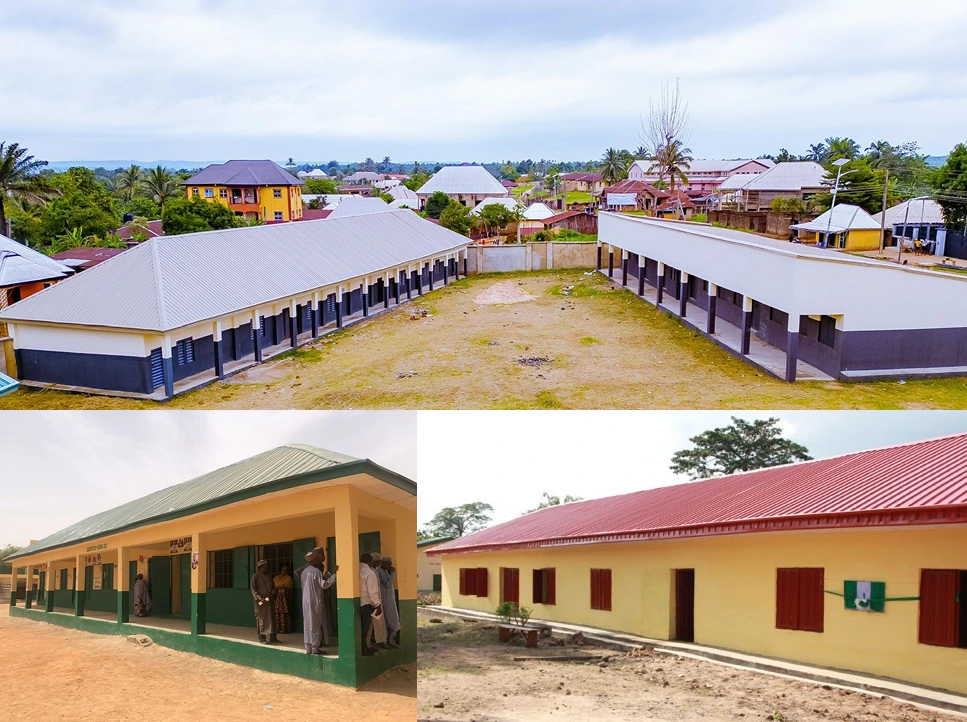
Nigerians have criticised the substandard conditions of many public school facilities renovated or constructed by politicians across the country, describing them as “mini cages” without proper ventilation, standard furniture, and leaking roofs.
Politicians across several states have posted substandard classrooms on social media as significant achievements. At the same time, millions of children continue to suffer in poor learning conditions as well as the absence of libraries, science labs, or sanitation facilities.
Quick repainting jobs over dangerous structures, falsely presented as “new schools” with lavish commissioning ceremonies, banners, TV coverage, and social media posts promoting the “achievement.”
In states like Osun, Niger, Ogun, Delta, Imo, Cross River, Rivers, Oyo, Plateau, and even the Federal Capital Territory (FCT), thousands of pupils attend classes in unsafe, overcrowded, and poorly equipped structures.
In Osun State, classrooms with cracked walls, leaking roofs, and a shortage of teachers have contributed to one of the highest out-of-school children rates in the southwest, averaging 13 per cent, according to recent reports.
Niger State faces a similar crisis. Schools such as Saidu Namaska Primary School host over 120 pupils per classroom, with students forced to sit on bare floors due to a lack of basic furniture.
The situation is no better in Ogun State, where students endure unfavourable conditions. Massive funding looting and poor management have resulted in classrooms that are unsafe and unfit for learning.

Delta State has many public primary schools in ruins despite its oil wealth.
In Imo State, buildings initiated by past administrations remain abandoned or vandalised.
Across Cross River State, mud and thatch structures are commonplace in rural schools, with overgrown bushes surrounding facilities and posing safety risks.
In Port Harcourt City (Rivers State), there is a gap in the distribution of public schools, resulting in severe overcrowding in urban centres and neglect in rural areas.
The story in Oyo State is equally poor. Security concerns and collapsing infrastructure are rising in schools like Awotan Secondary School, where proactive government intervention remains critically needed.
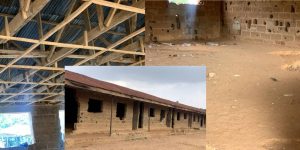
The Federal Capital Territory (FCT) stands despite ambitious projects. There is a gap, particularly in rural satellite towns.
In Enugu State, reports have surfaced of students being forced to hang on windows and doors due to insufficient classroom space. Despite the government’s investment of billions of naira in constructing “smart schools,” many existing schools continue to struggle with basic infrastructure needs, leading to overcrowded and uncomfortable learning environments.
In some northern parts of Nigeria, the Almajiri system, where young boys are sent to Islamic schools, has faced criticism for its inadequate facilities and potential to expose children to exploitation. The government has also failed to address the underlying issues of poverty and lack of comprehensive education.
These outline the challenges within Nigeria’s educational infrastructure, where some schools are neglected with low investment in basic amenities.
Many have warned that these cosmetic improvements create a dangerous illusion of progress. At the same time, the root causes, such as underfunding, corruption, and mismanagement, continue to rot Nigeria’s school system from within.
Painting over cracked walls doesn’t make a school safe for learning. It only puts more children who go to learn in danger.
Read More:
- Malian Army Kills 21 Terrorists in Sébégougou
- India, Pakistan Cut Ties as Tensions Escalate After Kashmir Attack
About The Author
Related Articles
Cotê D’Ivoire: Thousands Rally in Abidjan as Opposition Demands Electoral Reforms Ahead of October Election
Thousands of opposition supporters gathered in Abidjan on Saturday, May 31, to...
ByJoy ChukwuJune 1, 2025Togo Stops Issuing Mining Permits to Reform Outdated Mining Code
Togo has suspended the issuance of new mining permits for prospecting and...
ByJoy ChukwuJune 1, 2025ICYMI: Ghana Shuts Down Washington Embassy Over Visa Fraud Scandal
Ghana has temporarily closed its embassy in Washington, D.C., following the uncovering...
ByJoy ChukwuMay 31, 2025Confederation of Sahel States Moves to Establish Joint Judicial Body
The Confederation of Sahel States (CSS), comprising Mali, Niger, and Burkina Faso,...
ByJoy ChukwuMay 31, 2025




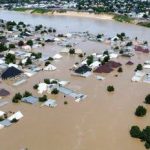


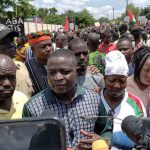
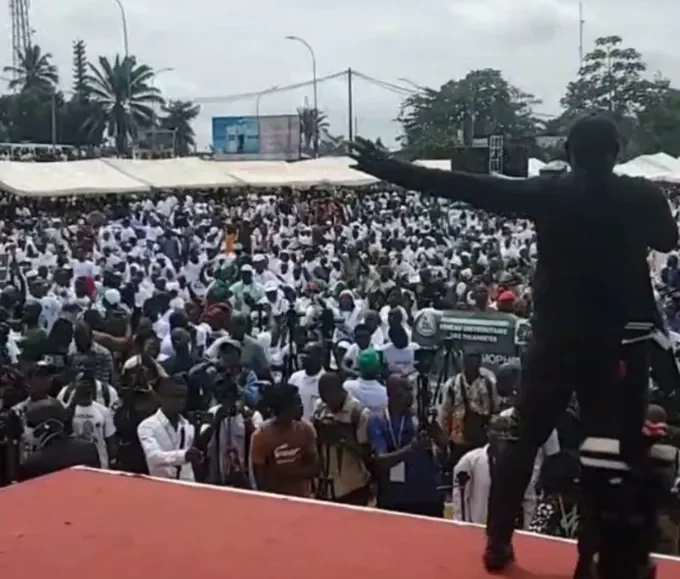
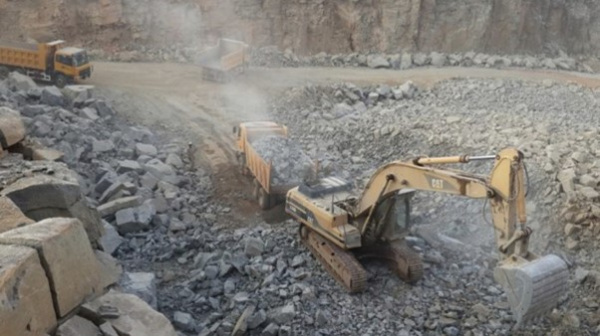
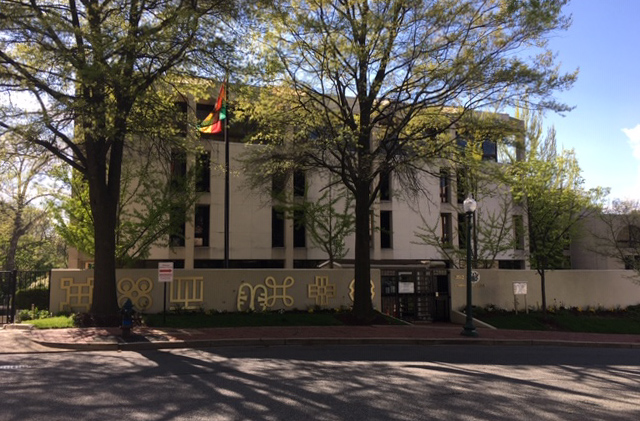
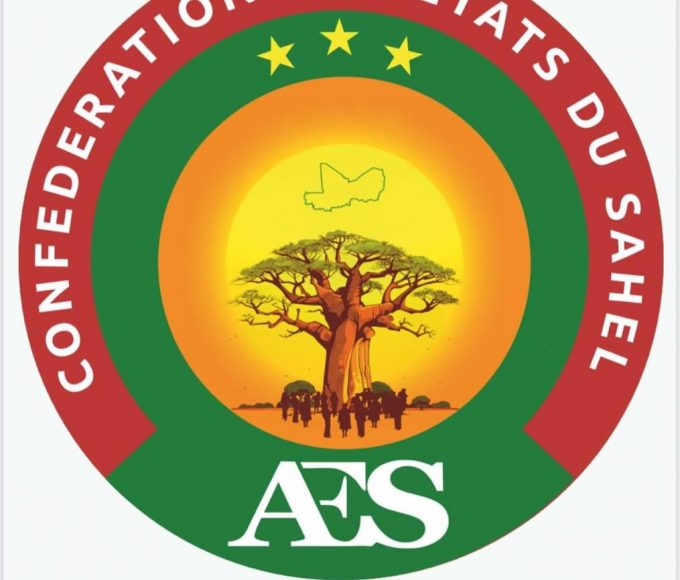
Leave a comment